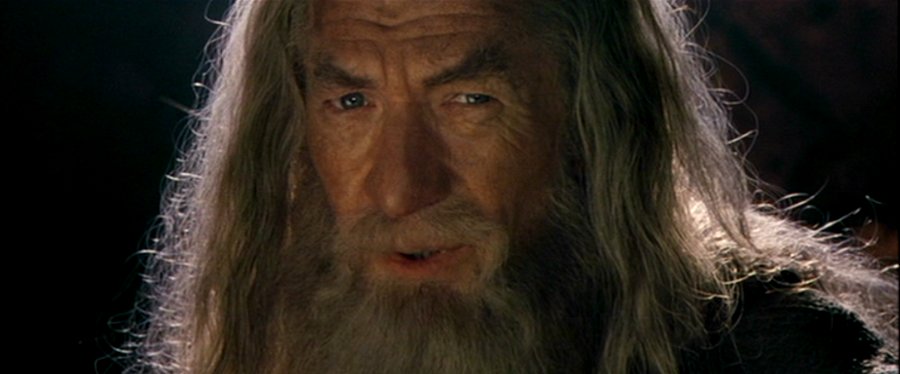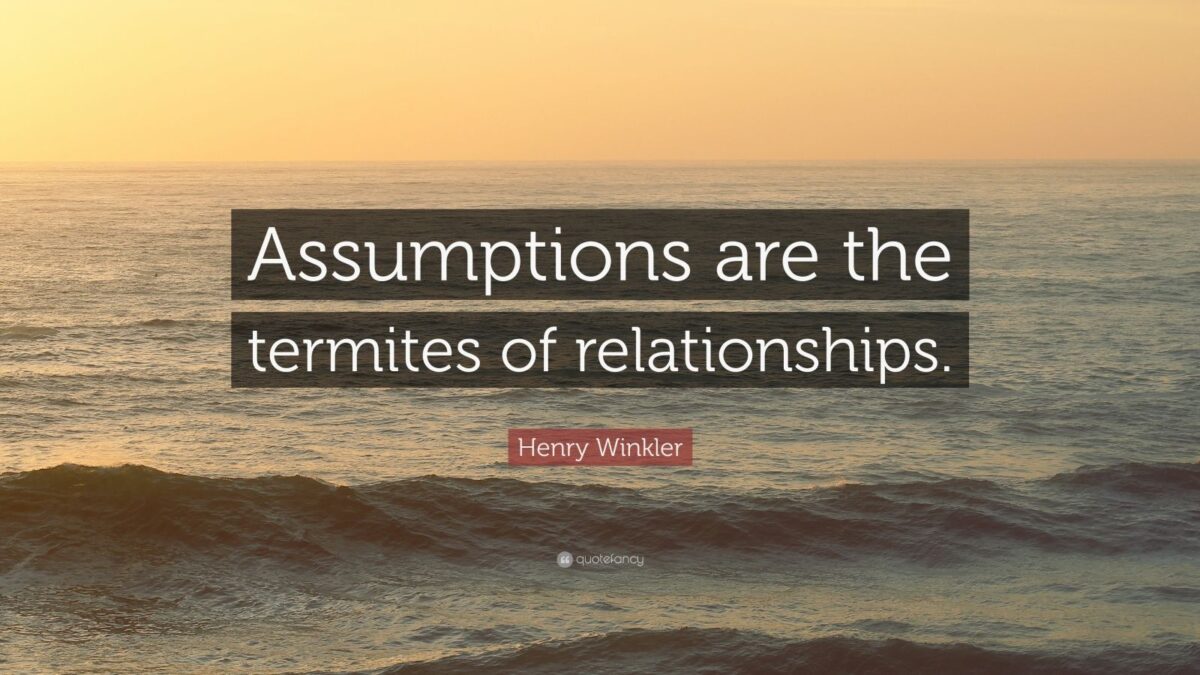Catholic All-Stars
The movie, The Exorcist, is loosely based on the true story of the demonic possession of a boy known as Roland Doe (not his real name). Father Spitzer, in his book, Christ Versus Satan in Our Daily Lives, chronicles the details of the actual events showing the reality of demons and evil. Roland and his family were actually protestants. When the possessions started occurring they initially went to their pastor. However, the pastor couldn’t match the strength of Roland’s demon and referred his case to Catholic priests. After years of struggle, the Catholic priests exorcised the demon. Later, Roland converted to Catholicism.
I find it interesting that when faced with a powerful evil, the Catholic Church is the only institution that can defeat it. I like the fact that the Church is the all-star team or the special forces of the spiritual realm. When Satan is vigorously attacking us, the Catholic Church has the best defense against him. If someone were to ask me why I’m Catholic, part of my answer would include that the Catholic Church, Mary, and the Rosary are the few entities that Satan actually fears. Why wouldn’t I want the strongest protection against evil?
Sacrificing it All
It’s not easy being one of the elite. An all-star athlete needs to continuously train and make sacrifices. They need to follow workout routines and diets. They need to have laser-sharp focus. Special forces soldiers need to put up with discomfort and know how to handle their fears and perceived limitations. The same is true for Catholics. We need to be highly disciplined and focused, make sacrifices, and follow routines as we combat Satan and face our own doubts and fears.

We train to combat temptation, sin, and evil through Mass attendance and prayer. Serving God needs to be always on our minds. Like athletes needing to focus on their sport, we need to focus on our faith. We may not have the determination of a saint, but that doesn’t mean we can be lazy and half-hearted. We still need to practice our faith the best we can. The good news is that God will help us and fill in our deficiencies when he sees we have a genuine desire to serve Him.
Dumbing Down the Catholic Church
Unfortunately, many of our Catholic brothers and sisters seem to no longer want to put forth the effort required by Jesus Christ. They want to choose that easy life of sleep-in Sundays and moral flexibility. And that may seem fine and even beneficial, for a little while at least. If all is going well and we’re comfortable, we may not see our need for God. But eventually, we all come up against that monumental challenge, temptation, or tragedy. One day, Satan may set his sights on you. And if you haven’t prepared, you won’t be strong enough to stand up and defeat him.
There is a huge need for strong faith in our world that is becoming ever more devoid of morality and allowing Satan more influence. And that is why I get so concerned and scared when I hear about the Church relaxing or not emphasizing many of her teachings. Great sports teams aren’t made through laziness nor are great Catholics. We need to understand that the threat is real and that is why the Church has traditionally set the bar so high. She is only echoing the teachings of Jesus who asks us to sacrifice everything for Him.
Further Reading
If you can, read these articles about why the Catholic faith needs to be challenging and demand so much of us. In embracing our faith, we not only find the strength to reject Satan but more importantly, find joy and peace in God’s grace. I hope these articles will inspire you to start or continue praying the Rosary, receiving the Sacraments, and living according to Catholic teachings.
- The Church Must Demand More, Not Less, From Her Members – Crisis Magazine
- Word on Fire’s Bishop Barron: ‘We’ve dumbed down the faith too much for too long’ | Catholic News Agency
- In This Wintertime, Only The Catholic Way Will Save Us – Crisis Magazine
- The Lord’s Call to Give Up Everything (catholicexchange.com)
You have to excuse the long delay in writing new articles. I’ve been so busy lately working, coaching soccer, and participating in different parish ministries. I really wanted to write more about each one of the above articles. Hopefully, I’ll have more time in the future to deep dive into those articles.





